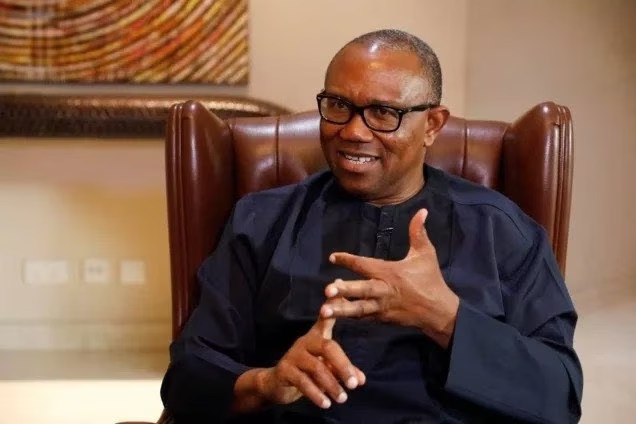The World Bank has urged the Central Bank of Nigeria (CBN) to sustain and intensify its efforts to control rising inflation in the country. In a recent report, the global financial institution highlighted inflation as a major threat to Nigeria’s economic stability, citing its impact on household incomes, business operations, and overall economic growth. The World Bank emphasized that consistent and transparent monetary policies are essential to restoring price stability and boosting investor confidence.

The report praised some of the recent measures taken by the CBN, such as the reduction in money supply and adjustments to interest rates, which have shown promising results in stabilizing inflationary pressures. However, it cautioned that short-term interventions alone will not suffice. The World Bank urged the CBN to adopt a long-term strategy that addresses underlying structural issues, including exchange rate volatility, food supply shortages, and energy costs, which are key drivers of inflation in Nigeria.
In addition, the World Bank recommended improved coordination between fiscal and monetary authorities to create a more unified approach to tackling inflation. It stressed that government policies on taxation, subsidies, and public spending must complement the CBN’s efforts to ensure sustainable economic growth. Without such synergy, the Bank warned, inflation could erode recent gains and push more Nigerians into poverty.
The World Bank also called for greater transparency and communication by the CBN to improve public trust and understanding of its policies. It noted that a clear explanation of inflation control measures and their expected outcomes would encourage compliance from businesses and households. This, in turn, would enhance the effectiveness of the CBN’s interventions and reduce resistance to necessary but sometimes unpopular decisions.
As Nigeria continues to grapple with high inflation rates, the World Bank’s recommendations highlight the importance of a proactive and comprehensive approach. With food prices and living costs at record highs, many Nigerians are looking to the CBN and government leaders for solutions that will provide both immediate relief and long-term stability. Sustaining inflation control measures will be critical to achieving these goals.





